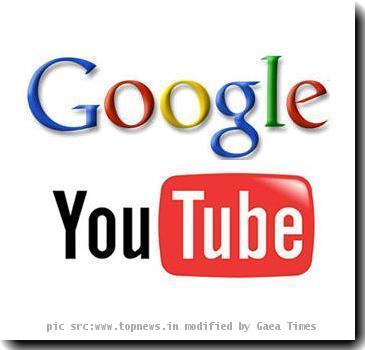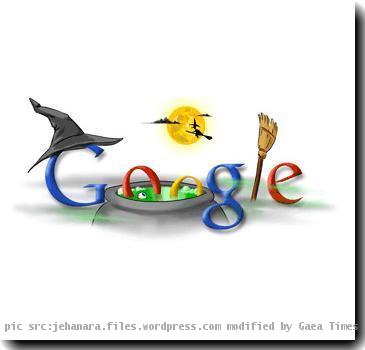Microsoft CEO hopes to keep regulatory heat on Google while trying to seize search share
By APTuesday, March 2, 2010
Microsoft CEO: Google merits regulatory scrutiny
SANTA CLARA, Calif. — Microsoft Corp. CEO Steve Ballmer intends to keep the regulatory heat on Google as his company strives to lessen its rival’s dominance of Internet search.
In an appearance Tuesday at a search engine conference, Ballmer said Microsoft believes Google Inc. has done things to gain an unfair advantage in the Internet’s lucrative search advertising market. He didn’t specify the alleged misconduct.
“We are expressing some of the issues and frustrations we see” with antitrust regulators, Ballmer said. “Sometimes (it’s) unsolicited, sometimes because we have been asked.”
Google declined to comment Tuesday. But it has said its actions are aimed at providing better experiences for Web surfers and advertisers.
Yahoo Inc., which is about to team up with Microsoft in search, seems less inclined to get regulators involved as the two companies gang up on Google.
“I am actually not interested in government intervention in anything,” Yahoo CEO Carol Bartz told reporters during a Tuesday lunch to celebrate the company’s 15th anniversary. “I think for the most part markets work. I don’t wish antitrust on anyone.”
Microsoft already has helped convince U.S. regulators that Google would break antitrust laws in two proposed deals: a search advertising partnership with Yahoo that was scrapped in 2008 and a digital books settlement that still needs federal court approval. Yahoo also lobbied regulators to oppose the agreement that would give Google the electronic rights to millions of hard-to-find books.
Ciao, an online shopping comparison service owned by Microsoft, has filed an antitrust complaint against Google in Europe. Regulators there say they are looking into those allegations and similar ones made by two other sites, Foundem and ejustice.fr.
Microsoft, the world’s largest software maker, has had its own troubles with regulators. Its bundling of personal computer software triggered a court dispute with the U.S. Justice Department that forced the company to change the way it packages software with its Windows operating system. Microsoft later tussled with EU regulators, too.
Since Microsoft’s own antitrust showdown started in the late 1990s, more people have been relying on their computers chiefly as a conduit to the Internet. The evolution has turned Google’s Internet gateway and other online services into a major threat to Microsoft, which has tried to respond by investing billions of dollars in search technology.
Microsoft has made little headway. Even with some progress since unveiling an upgraded search engine called Bing nine months ago, Microsoft remains a distant third in the U.S. search market.
Ballmer is counting on Microsoft’s 10-year search partnership with No. 2 Yahoo to help close the gap. Regulators cited Google’s 65 percent share of the U.S. search market as one of the reasons for allowing Microsoft and Yahoo to work together.
When the alliance kicks in late this year, Microsoft will start processing search requests on Yahoo’s Web site and pay most of the ad revenue to its new partner. As Microsoft fields more search requests, Ballmer expects the company to collect more data that it could analyze and use to help improve search results. That, in turn, could help the company lure away Google users.
“There is an advantage to having the power of two, as opposed to the power of one,” Ballmer told the crowd at the Search Marketing Expo.
When asked whether he thought Microsoft would overtake Google in Internet search, Ballmer indicated it probably will be a long time before there’s a changing of the guard.
“I don’t know how old I will be when that will happen,” said Ballmer, 53.
As part of its efforts to challenge Google, Microsoft has sought help from Twitter and Facebook — two popular services for sharing information and photographs.
Microsoft, like Google and Yahoo, pays an undisclosed sum for better access to Twitter’s index of short messages. In a bigger partnership, Microsoft spent $240 million for a 1.6 percent stake in Facebook and processes search requests on that site.
Responding to questions, Ballmer played down the possibility of Microsoft buying Twitter or Facebook, which are both privately held.
Shares of Microsoft, which is based in Redmond, Wash., fell 56 cents, or 1.9 percent, to close Tuesday at $28.46. Google, based in Mountain View, Calif., gained $8.37, or 1.6 percent, to $541.06, while Sunnyvale, Calif.-based Yahoo lost 6 cents to $15.73.
Tags: Bing, California, Computing And Information Technology, Government Regulations, Industry Regulation, North America, Personnel, Santa Clara, Software, United States

